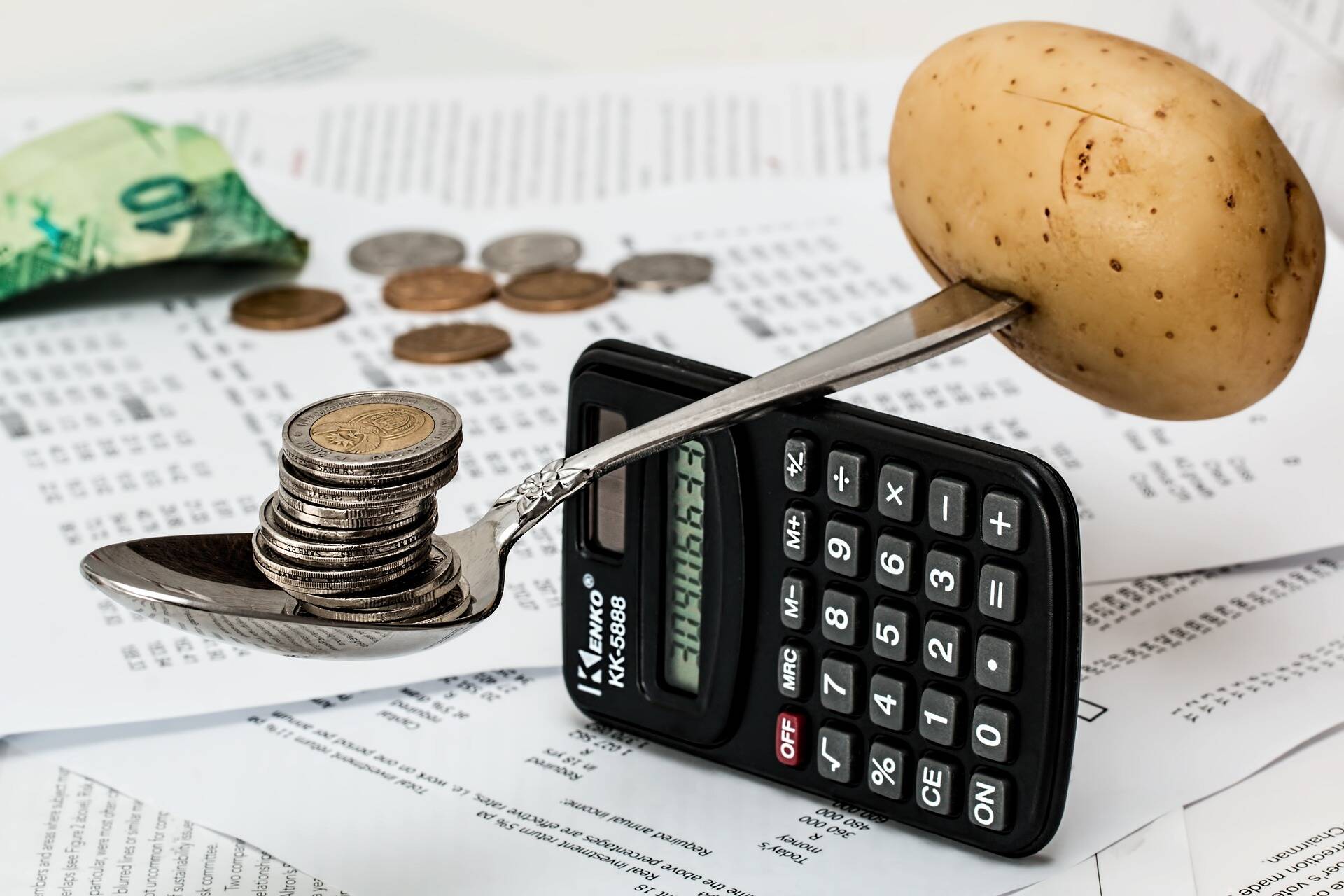
Budgeting is, arguably, a fundamental life skill, and yet budgeting for beginners isn’t taught in schools. A lot of people simply don’t know how to budget properly, and this can lead to all sorts of financial issues. By failing to implement a smart budget and stick to it, you’re essentially spending blind and hoping for the best; this, more often than not, leads to debts. Regardless of what financial goal you have in mind, coming up with a budget will help to ensure that you reach that goal. Let’s get into it.
Organisation is Key
First thing first, when it comes to budgeting for beginners you need to be organised when it comes to creating a budget. Ideally, you should start by collecting a few pieces of relevant paperwork because it will inform your budgeting decisions. Make sure that you have access to at least three or four of your last bank statements. Payslips are also useful, especially if your ay tends to fluctuate. You will also need copies of your regular bills like the utilities, credit card bills or any other recurring monthly outgoings.
Review Your Incomings vs Outgoings
After you have collected the relevant paperwork, it is time to review your spending. How much money do you have coming in, whether it is solely your income or whether you qualify for any benefits or have any other income? It all needs to be taken into account. After you have a good idea of your regular incomings, you can begin to explore your outgoings. Where does your money go? The expenses need categorising between necessities and luxuries so that you know where there is a bit of room or leeway in your budget.
Develop Your Budget
You can now begin to draft your budget. You should now have a solid idea of where exactly your money is coming from and where it is going. You should start with your incomings; this lets you know how much you have to work with every month. Then you need to include your outgoings. Obviously, you will need to start with your essential expenses. They need to be factored in first. This then tells you how much money you have left to work with to address your non-essential spending habits. A lot of people, if it is possible to do so, choose to follow a budgeting for beginners strategy like the 50/30/20 method. This is where half of your incomings go directly onto your bills, and the essential expenditures, thirty per cent of your income goes on non-essential spending, and the last 20 per cent is put into a savings account.
Remember to Account for Your Debts
Debts of any kind can often constitute a big drain on your finances which is why they need to be addressed in your budget. You really need to come up with a debt management plan. Paying off the debts with the highest interest rates first does make the most sense. If you have multiple different debts to different creditors, it might be worth looking into debt consolidation; if you don’t qualify for traditional debt consolidation services for whatever reason, be it poor credit or anything else, you could always use a short-term loan service like Sunny.
Always Look for the Best Deal
Budgeting well doesn’t always help to free up more cash. It can sometimes highlight discrepancies or make you realise that you are overpaying for a service or product when you don’t have to. Maybe your budget has revealed that you are spending a lot on your groceries or utility bills. Unfortunately, in Britain at the minute, there isn’t much that can be done for rising utility bills, you can try to shop around for cheaper tariffs, but there is no guarantee. Shopping around for cheaper alternatives can help you to reduce your spending in your budget.
Take the Time to Reassess and Refine Your Budget
Remember that once you have developed your budget, you aren’t locked into it for life. In fact, the key to managing your money is to take the time to regularly revisit your budget and make the necessary revisions to it. Over time, your personal circumstances are likely to change, whether for the better or worse and in answer to these changes, your budget will need to be addressed too. Reassessing your budget regularly allows you to ensure that you are always making the most of your income and maximising the efficiency of your budget.
In Conclusion
Getting better at budgeting is arguably one of the easiest ways that you can begin to tackle the effects of the cost-of-living crisis. Budgeting, in itself, is arguably a vital life skill to ensure that you are always living within your means and helping to reduce your chance of falling victim to debts. If you are already struggling with debts, then it might be worth making an appointment to talk to a professional who can help you to come up with a debt management plan whilst also ensuring that you can afford to pay your bills moving forward.
Liked this budgeting for beginners post? See some more of my finance-related posts here
